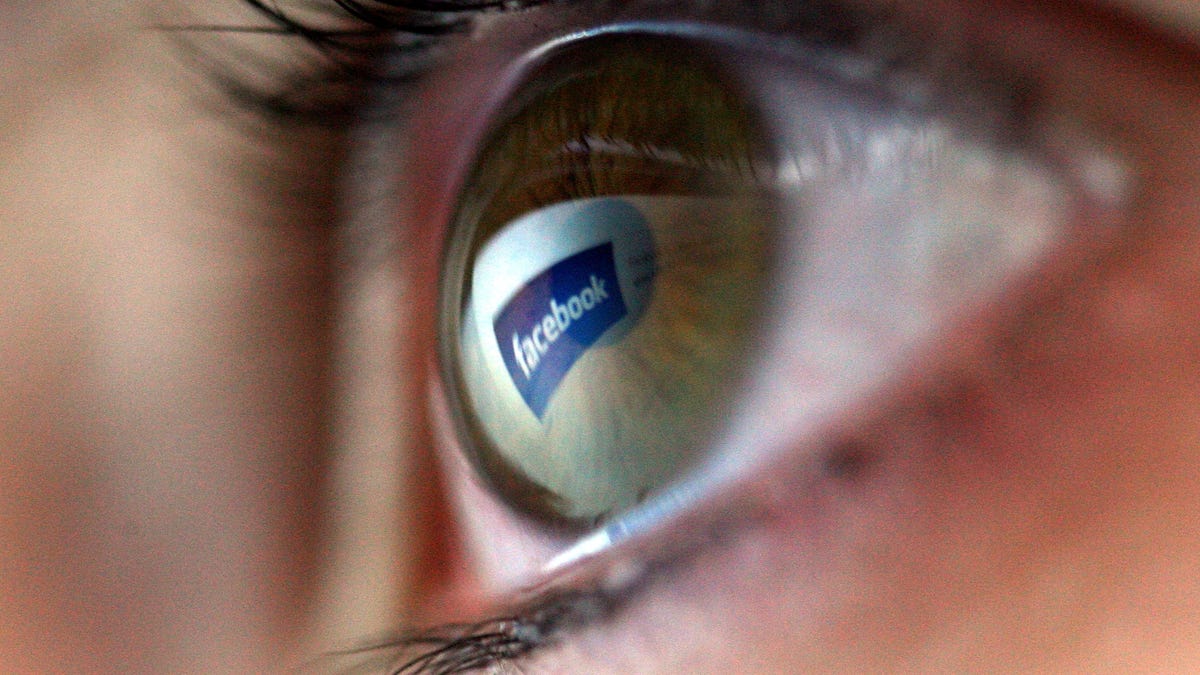Facebook slammed for not removing sexualized child images
Convicted pedophiles use the social network to share such images, and reporting them doesn't necessarily lead to their removal, according to the BBC.

Facebook is facing criticism from politicians and child protection agencies.
Facebook has come under fire again for failing to remove sexualized images of children.
As part of a BBC investigation, published Tuesday, 100 such images were reported to the social network. Only 18 were removed at that time, the BBC reported.
This is not the first time Facebook has been called out for failing to combat the posting of problematic or illegal images of children. An investigation last year, also conducted by the BBC, uncovered closed groups used by pedophiles to post obscene images, resulting in one man's conviction and four-year prison sentence.
As the world's largest social network, with 1.86 billion people accessing it at least once a month, Facebook must constantly wrestle with the content that gets shared on its site, including violence live-streamed via its Facebook Live feature. The company has reporting mechanisms, but the BBC's investigation shows they aren't necessarily enough.
According to the BBC, its investigation also uncovered:
- Groups created by pedophiles.
- Closed groups with names including "hot xxxx schoolgirls" featuring images of real children.
- Sexualized photographs of children under 16 with obscene comments.
- An image that looked like a still frame from a child abuse video.
- Five accounts belonging to convicted pedophiles -- whom Facebook explicitly bans.
The BBC initially used Facebook's reporting feature to flag what it had found, before contacting the company directly when most of the content wasn't removed.
All of the content has now been taken down.
"We have carefully reviewed the content referred to us and have now removed all items that were illegal or against our standards," a Facebook spokeswoman said in a statement to CNET. "This content is no longer on our platform."
But that doesn't mean the issue is entirely settled. The House of Commons Select Committee for Culture, Media and Sport plans to question Facebook about its moderation policy in the coming weeks, expanding on an inquiry already planned regarding the matter of fake news, The Guardian reported Wednesday.
Facebook's reporting feature
Damian Collins, the Parliament member who chairs select committee, told the BBC Radio 4's Today show Tuesday that he's concerned about Facebook's manual reviews of reported content.
"What is disturbing is that when these images were brought to Facebook's attention, they have not taken action to remove all of these images, nor have they provided any explanation as to why this is the case," he said.
The UK-based National Society for the Prevention of Cruelty to Children echoed his concerns.
"Facebook's failure to remove illegal content from its website is appalling and violates the agreements they have in place to protect children," a spokeswoman for the group said in a statement to CNET. "It also raises the question of what content they consider to be inappropriate and dangerous to children."
Facebook told CNET it takes the matter "extremely seriously" and is continuing to improve its reporting and take-down measures. "Facebook has been recognized as one of the best platforms on the internet for child safety," the company spokeswoman said.
An 'astonishing' response
The BBC's report did more than highlight problems with Facebook's reporting process.
When the BBC journalist contacted Facebook to inform the company that it was leaving problematic content on its platform, the social network asked the journalist to send over the images. Facebook then reported the BBC to the Child Exploitation and Online Protection Agency (CEOP), which is part of the UK's National Crime Agency.
Collins said this was an "extraordinary" decision. "I think that's an astonishing response," he said on BBC Radio 4's Today show.
The Facebook spokeswoman defended her company's decision.
"It is against the law for anyone to distribute images of child exploitation," she said. "When the BBC sent us such images we followed our industry's standard practice and reported them to CEOP."
She added that Facebook "also reported the child exploitation images that had been shared on our own platform. This matter is now in the hands of the authorities."
Originally published March 7 at 7:34 a.m. PT.
Updated March 8 at 7:55 a.m. PT: Added that Parliament's Select Committee on Culture, Media and Sport plans to question Facebook about its moderation policy.
Tech Enabled: CNET chronicles tech's role in providing new kinds of accessibility.
Special Reports: CNET's in-depth features in one place.

